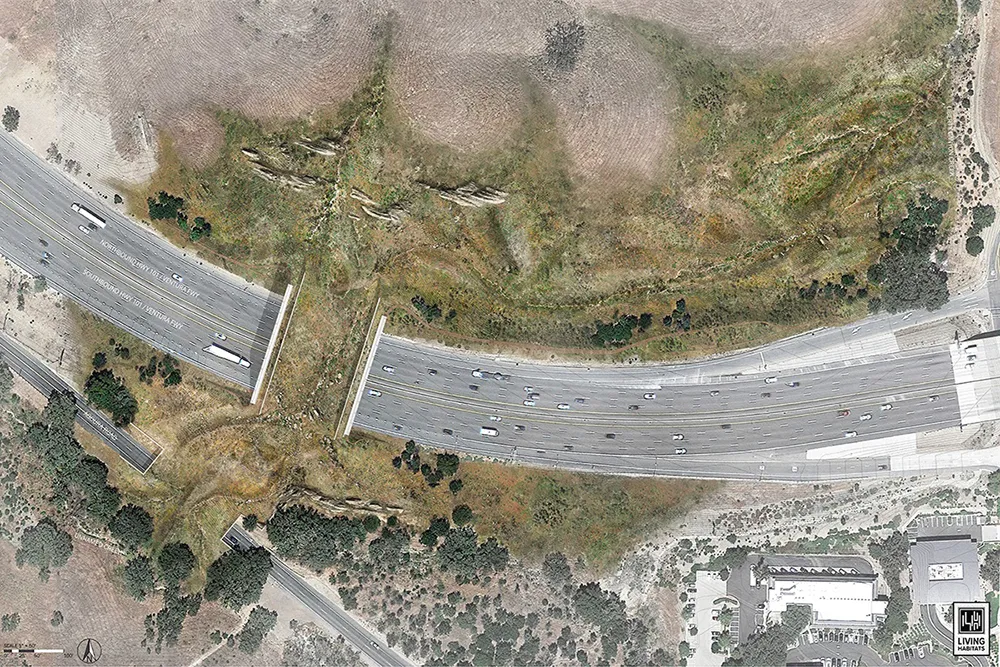The government of Sindh in Pakistan is planning to implement a bus rapid transit (BRT) system in Karachi and the first phase will cost US$5 million. The system will enable 200 buses to carry around 15,000 passengers an hour and there will be special lanes for buses to operate.
July 17, 2012
Read time: 1 min
The government of Sindh in Pakistan is planning to implement a bus rapid transit (BRT) system in Karachi and the first phase will cost US$5 million. The system will enable 200 buses to carry around 15,000 passengers an hour and there will be special lanes for buses to operate. The government plans to expand the BRT system to Hyderabad, Sukkur and other cities in the province after the first phase is completed.







